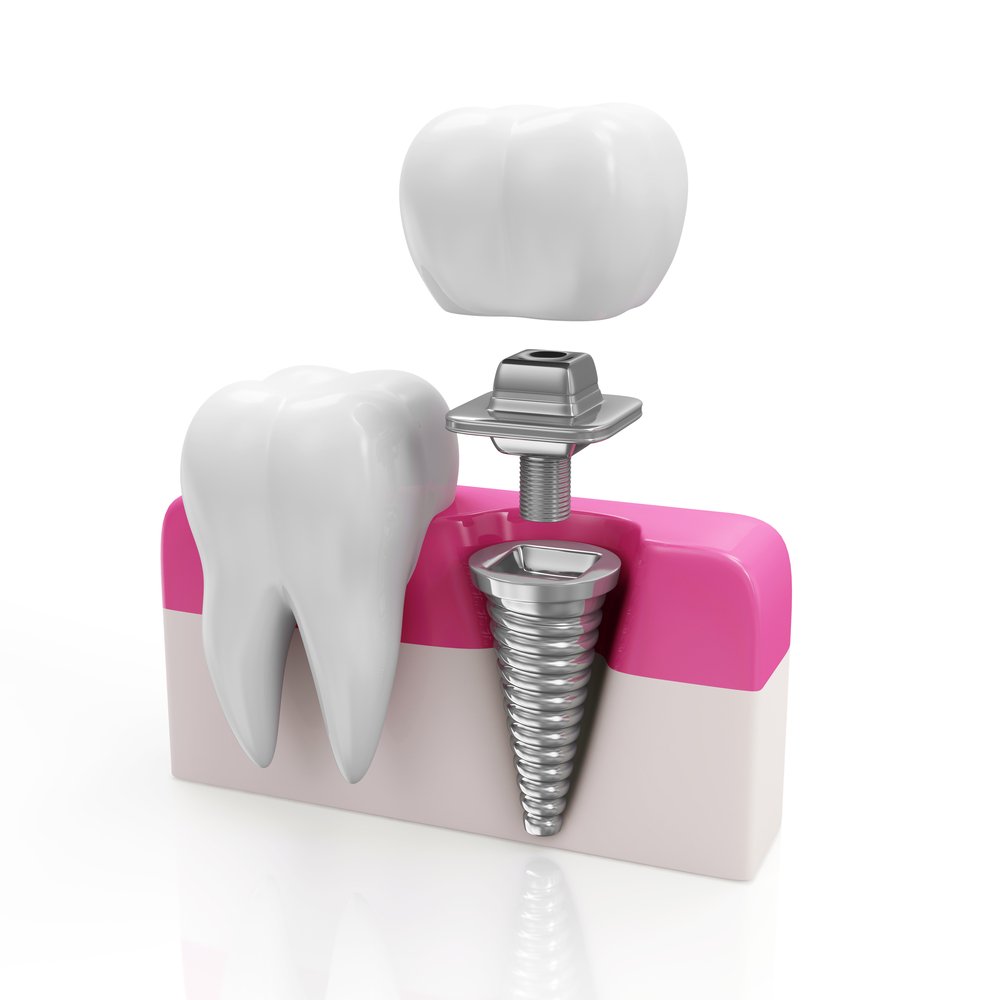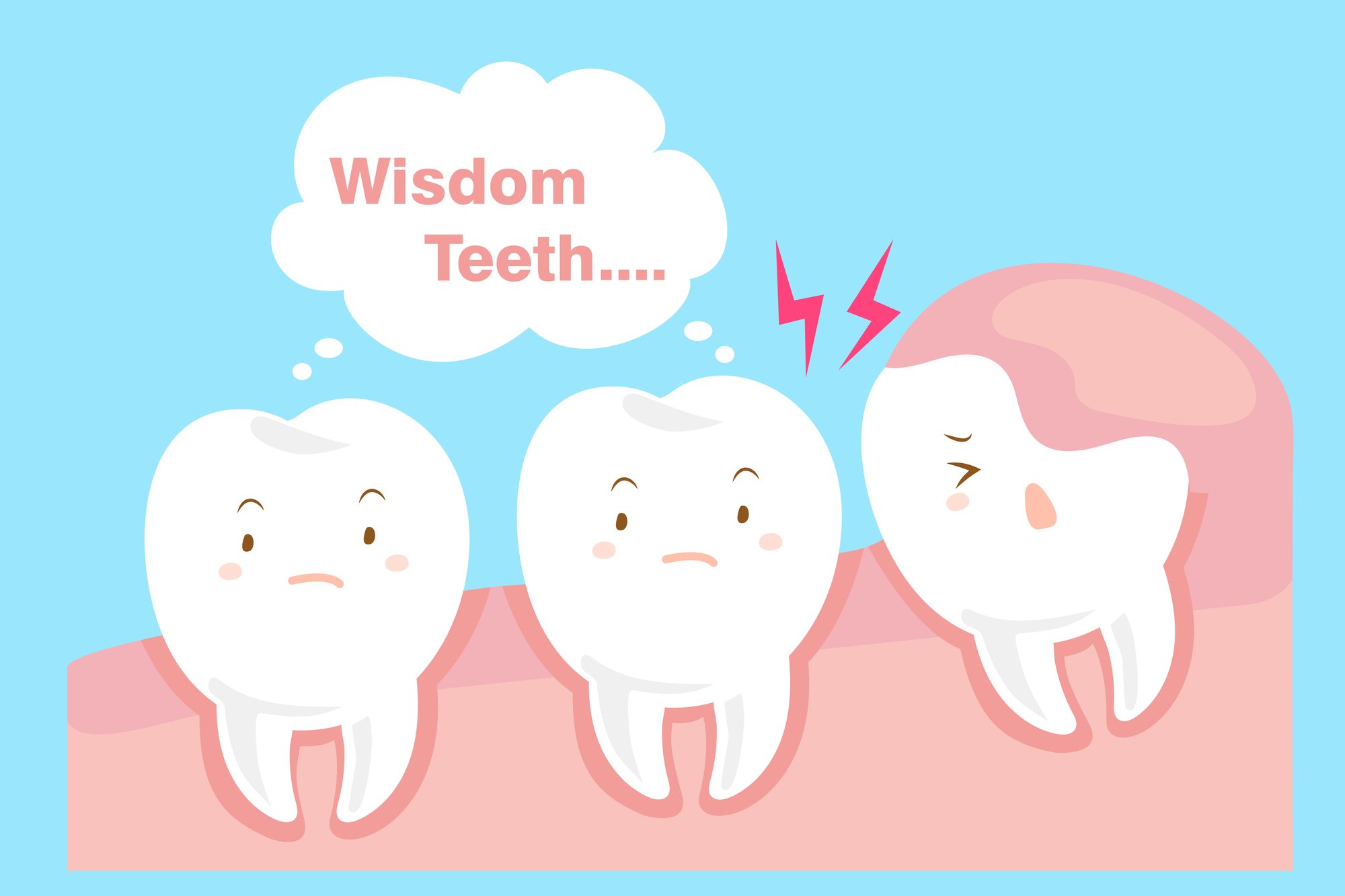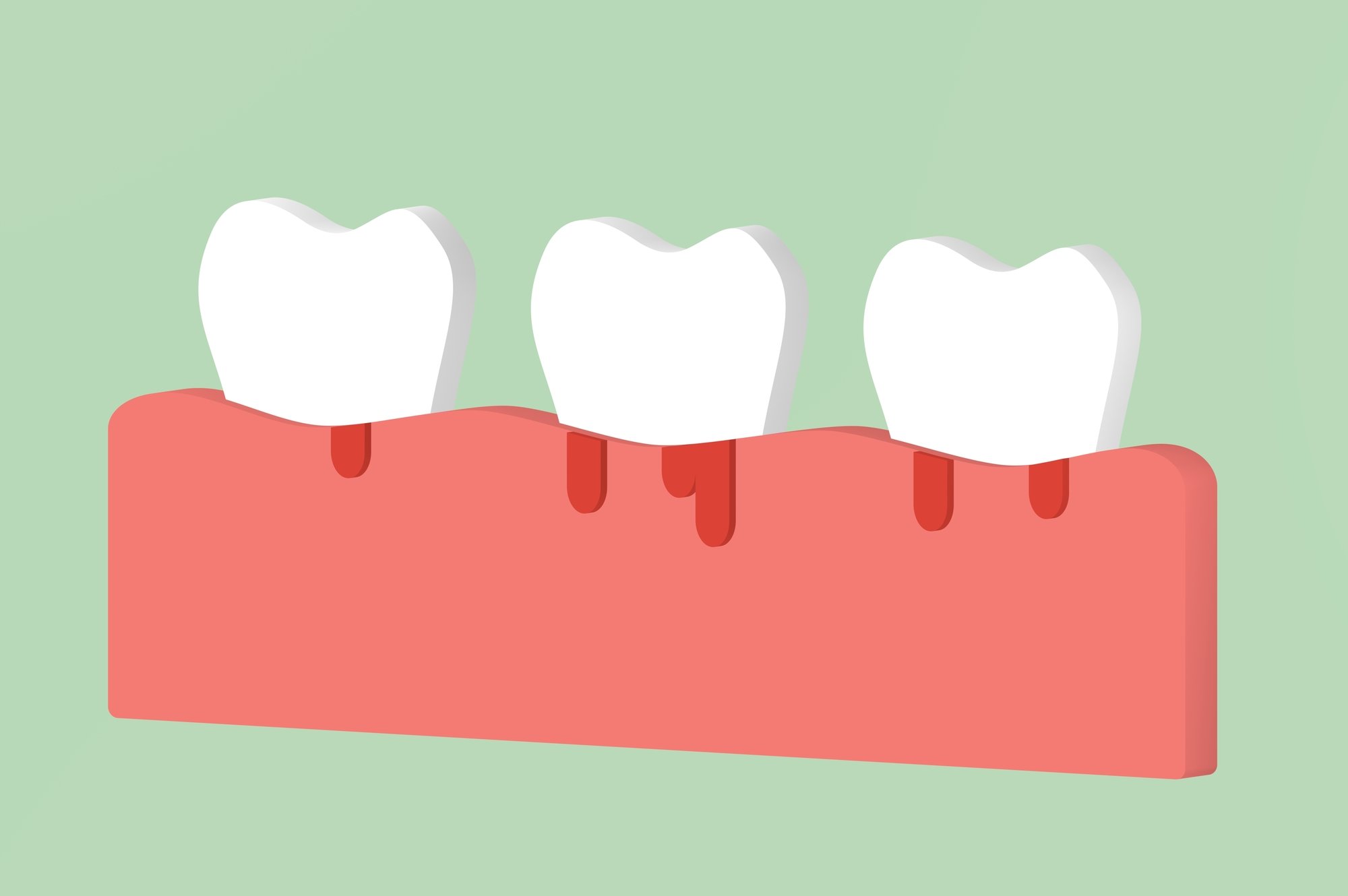
Dental emergencies can’t wait. Unfortunately, not all dentists are available for immediate dental treatment. Our Coffs Harbour emergency dentist at Magic Smiles is available when you need him most.
Not sure if you have a dental emergency? Severe oral pain, bleeding, and trauma are three factors that require urgent attention. Give our office a call and we can help you determine if you need immediate care or if it can wait until later.
Here are some of the most common dental emergencies we treat:
1. A knocked-out tooth
Sports injuries, roughhousing, and car accidents are a few of the most common causes of an avulsed tooth. In these instances, all hope is not lost.
If you have a knocked-out tooth, call an emergency dentist first. Then, pick up the tooth by the tip, not the root. Rinse it with water if you have it and try to place it back in its place. If you can’t, place it in a glass of milk (preferably) or water. Bring it with you to the dentist’s office. The dentist may be able to preserve the tooth if he gets to it fast enough.
2. Broken or cracked teeth
Teeth become broken or cracked for numerous reasons, such as eating crunchy, hard foods, chewing on nonedible items, sports injuries, and car accidents. A broken tooth should be treated the same as an avulsed tooth.
For a cracked tooth, bite on a clean cloth or gauze until you reach the dentist’s office. If your tooth is cracked, but not painful, it’s still worth a trip to the dentist. An untreated cracked tooth can lead to severe dental pain because of disease-causing bacteria that infiltrate the inner tooth structure.
3. Severe dental pain
Tooth pain that cannot be resolved by over-the-counter pain medications or other home remedies require emergency dental care. The pain could be a result of an untreated infection, cavity, or trauma. Only a dentist can find the root cause of the pain and treat it appropriately.
4. A broken jaw or severe jaw pain
Doctors and dentists can treat a broken jaw, but a dentist might be your best option. Severe jaw pain is the first and most obvious symptom of a broken jaw. You may also experience immobility of the jaw, bruising along the jawline, and misalignment of the jaws or teeth.
In the meantime, put ice on your jaw and tie something around your jaw and face if necessary. Then, get to the dentist’s office as soon as possible.
5. Abscess
An untreated dental or gum infection can lead to an abscess near the tooth root or soft tissues surrounding the teeth. An abscess typically looks like a pimple on the gum tissue.
Dental abscess pain is persistent and throbbing. It might radiate to the jawbone, neck, or ear. Patients with a dental or gum abscess may also have a fever, swelling, and tender lymph nodes.
When dental or gum abscesses are ignored, the infection can spread to the surrounding bone, soft tissues, and sinuses. It can also result in tooth loss and the spread of infection throughout the body.
Coffs Harbour Emergency Dentist
Don’t wait any longer to receive the emergency dental treatment you need. Our Coffs Harbour emergency dentist is here to help when you need us most. Call (02) 6652-3242 now.












Recent Comments